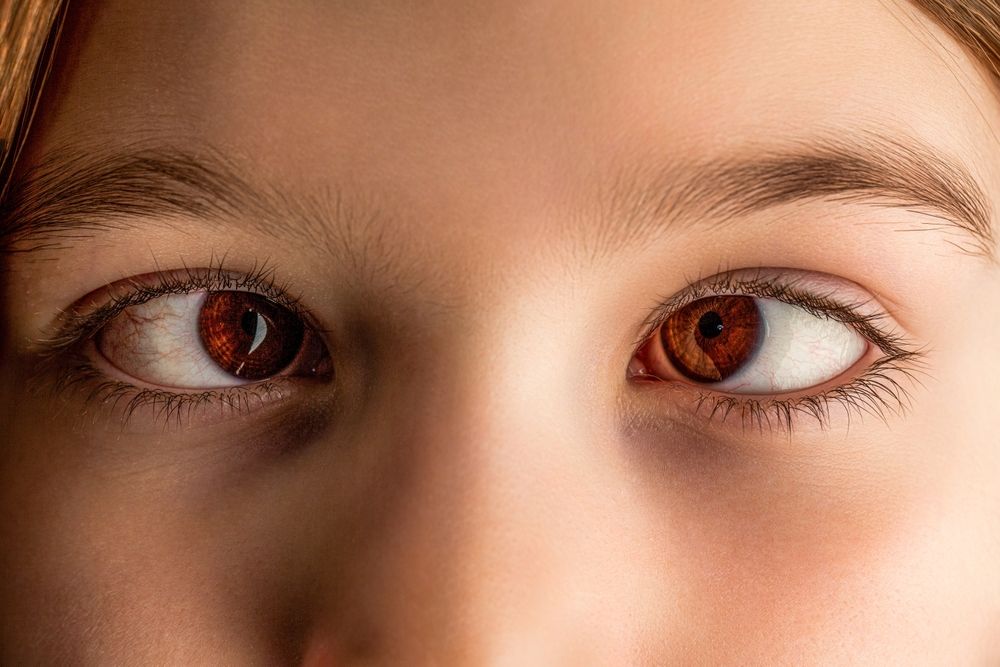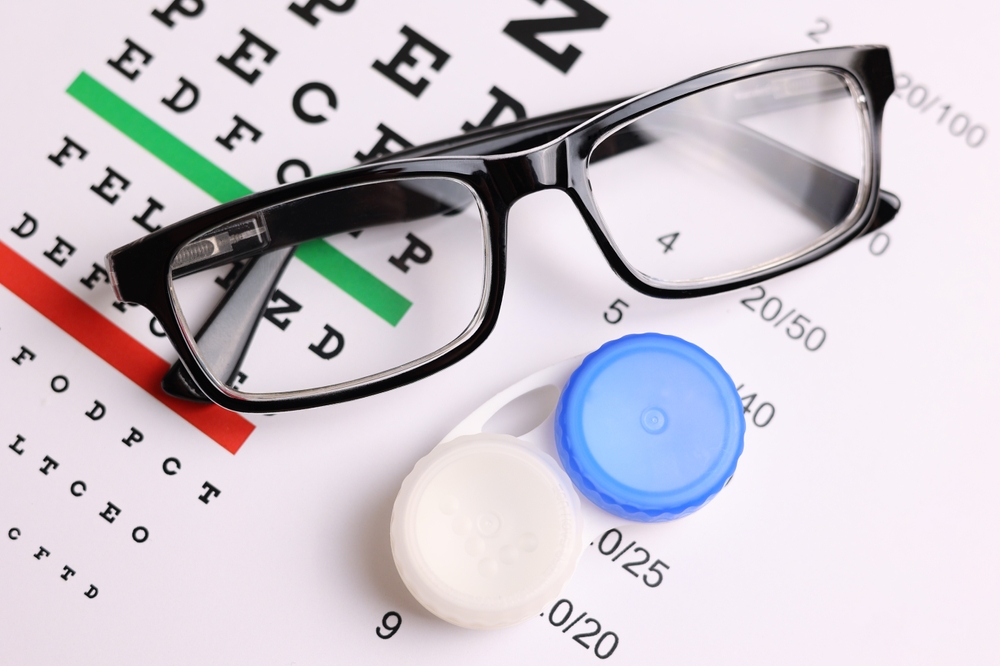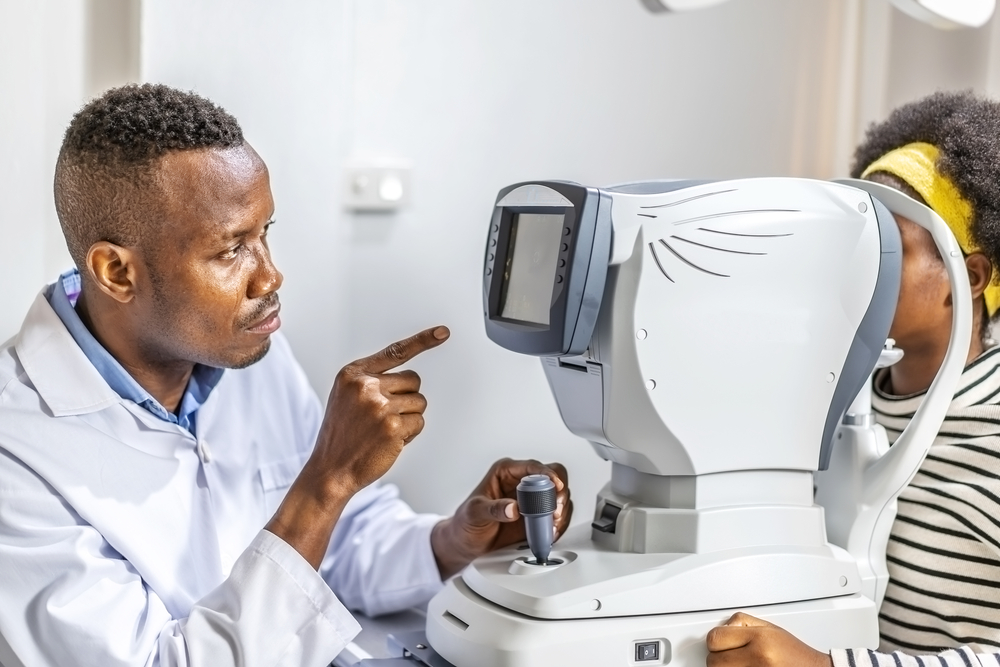Chroma Optics Blog
Learn more about optometry care in our blog!

Do you ever feel eye strain, headaches, or dizziness even though your eye exam came back “normal”? Do reading, screen time, or busy environments leave you feeling overwhelmed or exhausted? These could be signs of Binocular Vision Dysfunction (BVD) - a condition that often goes undiagnosed but can significantly affect daily life.

Living with vision loss can be challenging, especially when it can’t be corrected with standard glasses, contact lenses, or surgery. Low vision affects millions of people and can significantly impact daily activities like reading, driving, or recognizing faces. At Chroma Optics, our Burlington optometrist provides compassionate care and advanced solutions through low vision evaluations, helping patients maximize their remaining vision and maintain independence.

Most people assume that if they can “see clearly,” their eyes must be working perfectly. But vision is more than sharpness - it’s coordination. When the eyes struggle to work together, even slightly, the brain works overtime to compensate. This condition is known as binocular vision dysfunction (BVD), and it’s far more common than patients realize.

Maintaining clear vision and healthy eyes is an important part of overall wellness. While many adults only think to visit the eye doctor when their vision becomes blurry, routine vision exams do much more than check if you need glasses or contact lenses. They are a key step in safeguarding both your eye health and your general health.

As we age, changes in our vision are common, but is low vision something you should expect as a normal part of growing older? While mild changes such as needing reading glasses are often related to age, low vision is different. It is not an inevitable result of aging but rather the outcome of underlying eye diseases or conditions. Understanding the causes, prevention strategies, and lifestyle adjustments can help protect your vision and preserve your independence.

Life in Burlington, Vermont, often involves long hours in front of screens, whether you're working remotely, attending classes, or simply enjoying the latest technology. But all that screen time can lead to uncomfortable symptoms like eye strain, headaches, and even migraines. At Chroma Optics, we offer Neurolens, a cutting-edge solution that addresses a common but often overlooked cause of these symptoms: eye misalignment.

Wearing contact lenses should make your life easier, not cause discomfort. But if your lenses are not fitting quite right, they could be doing just that. Many contact lens wearers do not realize that a poor fit can lead to eye strain, blurred vision, and even recurring headaches. Understanding the connection between contact lens fit and these symptoms is the first step toward finding lasting relief.

Are your eyes frequently dry, itchy, or irritated? Conditions like dry eye, blepharitis, and Demodex mite infestations often begin with one common issue: dirty or inflamed eyelid margins. Proper eyelid hygiene is key to managing these conditions, yet at-home care often isn’t enough.

Dry eye syndrome is a common and often persistent condition that affects the quality of your vision and overall comfort. While over-the-counter eye drops may provide temporary relief, they don’t always address the root cause. At Chroma Optics, we offer a more advanced solutions - one being Intense Pulsed Light (IPL) therapy.

For many people, standard glasses or contact lenses can correct vision problems. But for others, vision loss cannot be fully restored. This is known as low vision, a condition that interferes with daily life and often cannot be improved with conventional treatments. At Chroma Optics, we’re committed to helping patients in Burlington and surrounding areas understand their condition and discover practical solutions that make a difference in their quality of life.








